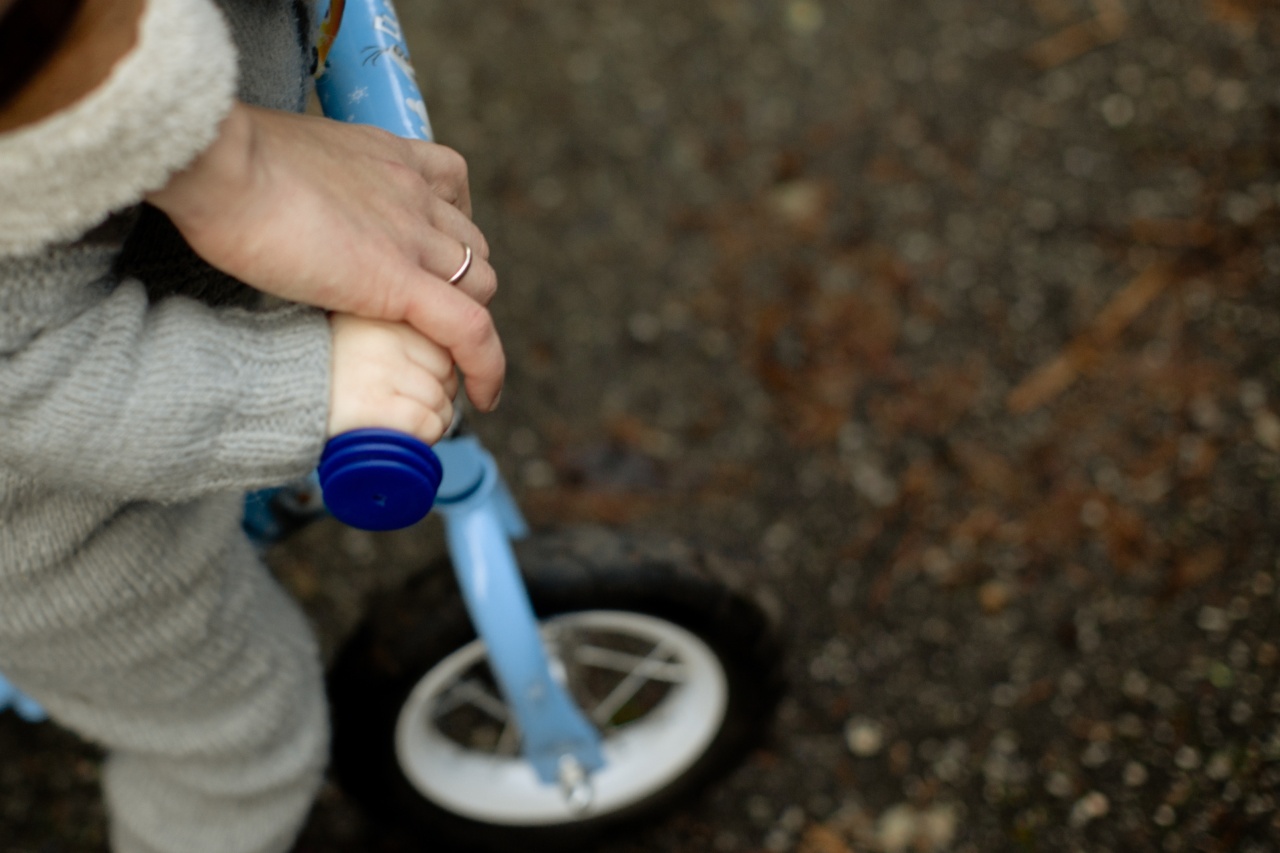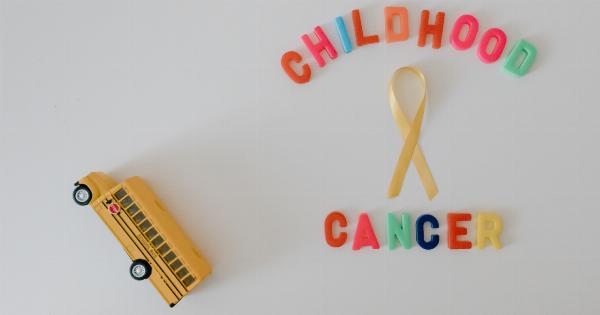Receiving a cancer diagnosis at any age can be devastating, but it can be especially challenging for children.
Kids with cancer face a multitude of physical, emotional, and mental difficulties, not to mention disruptions of their normal childhood routines. While childhood cancers are relatively rare, affecting fewer than 400,000 children globally each year, the impact on the lives of children and families can be immense.
As a parent, your instinct is to protect your child from harm, but when it comes to cancer, it can often feel like you have little control.
However, there are ways you can help your child cope with cancer, so the disease doesn’t have to be all-consuming in your child’s life. Here are some strategies that may help.
1. Educate yourself about childhood cancers
As a parent, it’s crucial to understand your child’s illness, including the type of cancer your child has, potential treatments, and possible side effects.
Understanding the medical jargon and terminology can feel overwhelming at first, but it can help you make informed decisions about your child’s care. Additionally, it can also help you explain the cancer and its implications to your child in a way that’s age-appropriate and easy to comprehend.
2. Communicate openly with your child
It’s natural to want to shield your child from the reality of cancer, but it’s important to talk openly and honestly about what’s happening.
Encourage your child to ask questions, and answer them in a straightforward, age-appropriate way. Be honest and transparent about the disease and its possible outcomes, but also offer hope and reassurance.
Remind your child that he or she is not alone and that you and the healthcare team are there to support him or her through every step of the journey.
3. Keep daily routines as normal as possible
Cancer treatment can disrupt the normal routines of childhood, from school to playtime to family activities. While it may be impossible to keep everything the same, it’s important to maintain as much normalcy as possible.
Try to stick to a routine as much as possible, continuing to go to school or participate in sports unless advised otherwise by the medical team. This consistency can help provide much-needed stability and comfort in a time of uncertainty.
4. Encourage physical activity and exercise
Physical activity has been shown to have a positive impact on mood and overall well-being. While cancer treatments may cause fatigue and other physical challenges, it’s important to encourage your child to stay active as much as possible.
This can include anything from going for a walk to playing catch in the backyard to participating in physical therapy exercises. Talk to the medical team about what types of activity make sense for your child and any potential restrictions or precautions.
5. Seek support from others
Caring for a child with cancer can be a challenging and isolating experience. It’s important to seek support from loved ones, whether in person or online.
Consider joining a support group for families affected by childhood cancer, where you can connect with others going through similar experiences, share resources and tips, and find comfort in a community of people who understand. You may also find it helpful to seek the support of a mental health professional who has experience working with families affected by cancer.
6. Create opportunities for your child to have fun and relax
While cancer treatment can be serious and even grueling at times, it’s also important to create opportunities for your child to simply be a kid.
That may mean setting aside time to watch movies together, playing board games, or simply enjoying some quiet time reading or coloring. Encourage your child to pursue hobbies or interests, whether it’s learning a new skill or exploring a creative outlet. These activities can offer a much-needed distraction and source of joy during a challenging time.
7. Advocate for your child’s needs
As a parent, you are your child’s biggest advocate. If you feel that your child’s needs are not being met, whether in terms of medical care or emotional support, speak up.
Be proactive in communicating with the healthcare team about your concerns, and don’t be afraid to ask questions or seek second opinions when necessary. Your child’s health and well-being are top priorities, and you have the right to advocate for the best care and support possible.
8. Focus on self-care
Caring for a child with cancer can be all-consuming, but it’s important to remember to take care of yourself as well. That may mean taking time for exercise, getting enough sleep, eating healthily, and taking breaks when needed.
It’s also important to find ways to cope with stress, whether that’s through meditation, yoga, or talking with a friend. Remember that you can’t pour from an empty cup, and taking care of yourself will enable you to better care for your child.
9. Emphasize hope and resilience
Cancer can be a scary and uncertain journey, but it’s important to keep hope and resilience at the forefront.
Remind your child that while cancer may be a difficult challenge, there are many success stories and advancements in treatment that offer hope. Emphasize the importance of a positive outlook and the resilience of the human spirit, even in the face of adversity. By modeling hope and resilience, you can help your child develop these qualities as well.
10. Celebrate milestones and successes
Throughout your child’s cancer journey, there may be numerous milestones and successes, both big and small.
Take the time to celebrate these moments, whether it’s completing a round of treatment, reaching a health milestone, or simply getting through a tough day. Celebrating these wins can help build your child’s resilience and sense of accomplishment, while also serving as a reminder of how far your family has come.
Conclusion
Coping with childhood cancer is no easy feat, but there are ways you can help your child and your family navigate this difficult journey.
By educating yourself, communicating openly with your child, encouraging physical activity, seeking support from others, creating opportunities for fun and relaxation, advocating for your child’s needs, focusing on self-care, emphasizing hope and resilience, and celebrating successes, you can help your child live a full, happy life alongside cancer.























